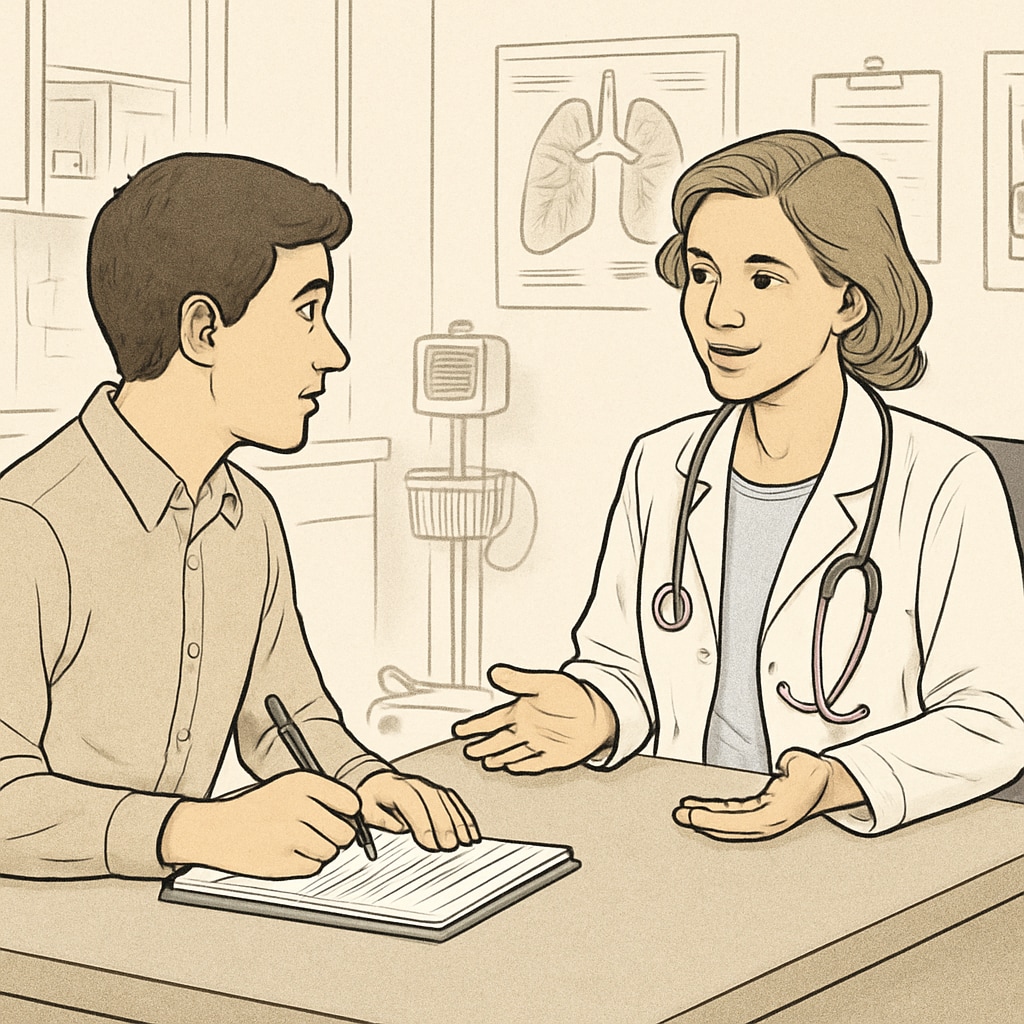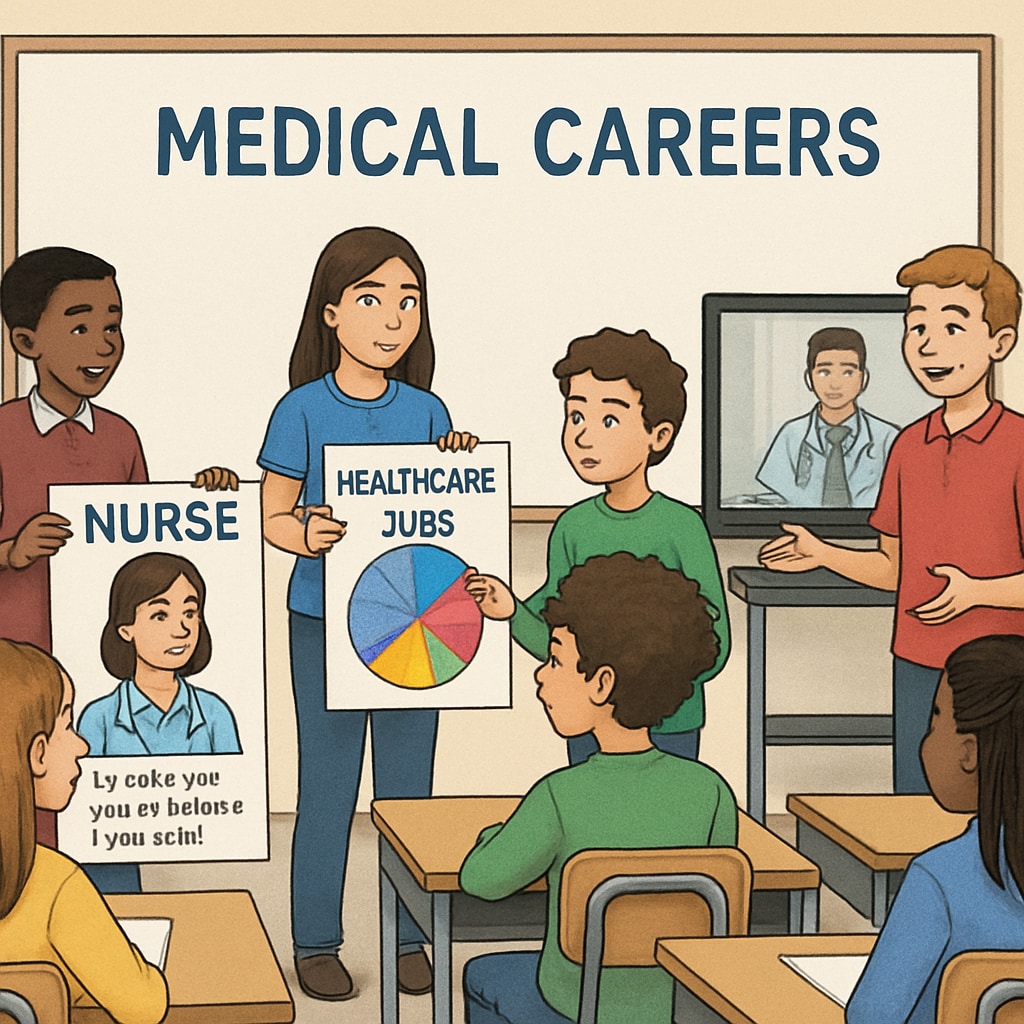The integration of “medical careers, school projects, and doctor interviews” into K12 education provides students with a unique opportunity to explore the world of healthcare. By engaging directly with professionals in the field, students can gain insights into the medical profession, understand the educational pathways, and develop early career awareness. This article delves into the design and implementation of medical career interview projects, offering practical tips to educators and highlighting their importance in fostering students’ career planning skills.
Why Medical Career Projects Matter in K12 Education
Incorporating medical career exploration into school projects helps students connect classroom learning to real-world applications. For many students, professions like medicine can feel distant or abstract. However, when they interact with doctors and medical professionals, these careers become tangible and relatable. Such exposure is particularly valuable during formative years, when students are beginning to shape their ambitions and interests.
Here are some key benefits of medical career projects:
- Career Awareness: Students learn about the diverse roles within the medical field, from surgeons to researchers.
- Skill Development: Activities like preparing interview questions and conducting conversations enhance communication and critical thinking.
- Inspiration: Hearing personal stories and challenges from medical professionals can motivate students to pursue rigorous academic goals.

Steps to Design an Effective Medical Career Project
Creating a medical career project requires thoughtful planning to ensure it is both engaging and educational. Below is a step-by-step guide for educators:
- Define Objectives: Clearly outline what students should learn, such as understanding the day-to-day responsibilities of a doctor or the educational requirements for medical school.
- Select Participants: Reach out to local healthcare professionals willing to participate. Consider a diverse range of specialties to give students a broader perspective.
- Prepare Students: Teach students how to conduct interviews, including research on the medical profession and crafting thoughtful questions.
- Facilitate Interaction: Organize meetings, either in-person or virtual, ensuring that students have a chance to ask their questions and engage in meaningful dialogue.
- Reflect and Share: Encourage students to present their findings through essays, presentations, or creative projects like videos.
By following these steps, educators can create a structured yet flexible project tailored to their classroom’s needs.

Best Practices for Student-Doctor Interaction
Successful medical career projects hinge on the quality of interaction between students and doctors. Here are some tips to ensure meaningful engagement:
- Encourage Curiosity: Teach students to ask open-ended questions that invite detailed responses, such as “What inspired you to become a doctor?” or “What challenges do you face in your daily work?”
- Respect Professional Time: Schedule interviews at convenient times and keep them concise. Provide doctors with an overview of the project beforehand.
- Foster Reflection: After the interview, guide students to reflect on what they learned and how it aligns with their interests or skills.
In addition, educators can use resources like Britannica’s overview of medicine to provide students with foundational knowledge before their interviews. This preparation can lead to more productive and insightful conversations.
Conclusion: Inspiring the Next Generation of Medical Professionals
Medical career projects in K12 education are more than just an academic exercise—they are a gateway to lifelong learning and aspiration. By connecting students with doctors and other healthcare professionals, these projects provide a glimpse into the challenges and rewards of a medical career. They also foster essential skills like communication, critical thinking, and career planning.
As the healthcare industry continues to evolve, early exposure to its opportunities and demands can inspire the next generation of medical professionals. For educators, these projects represent a chance to equip students with the knowledge and motivation to pursue their dreams, wherever their interests may lead.
Readability guidance: This article uses concise paragraphs, actionable lists, and clear transitions to ensure accessibility. It balances informative content with practical advice, making it suitable for educators and school administrators alike.


